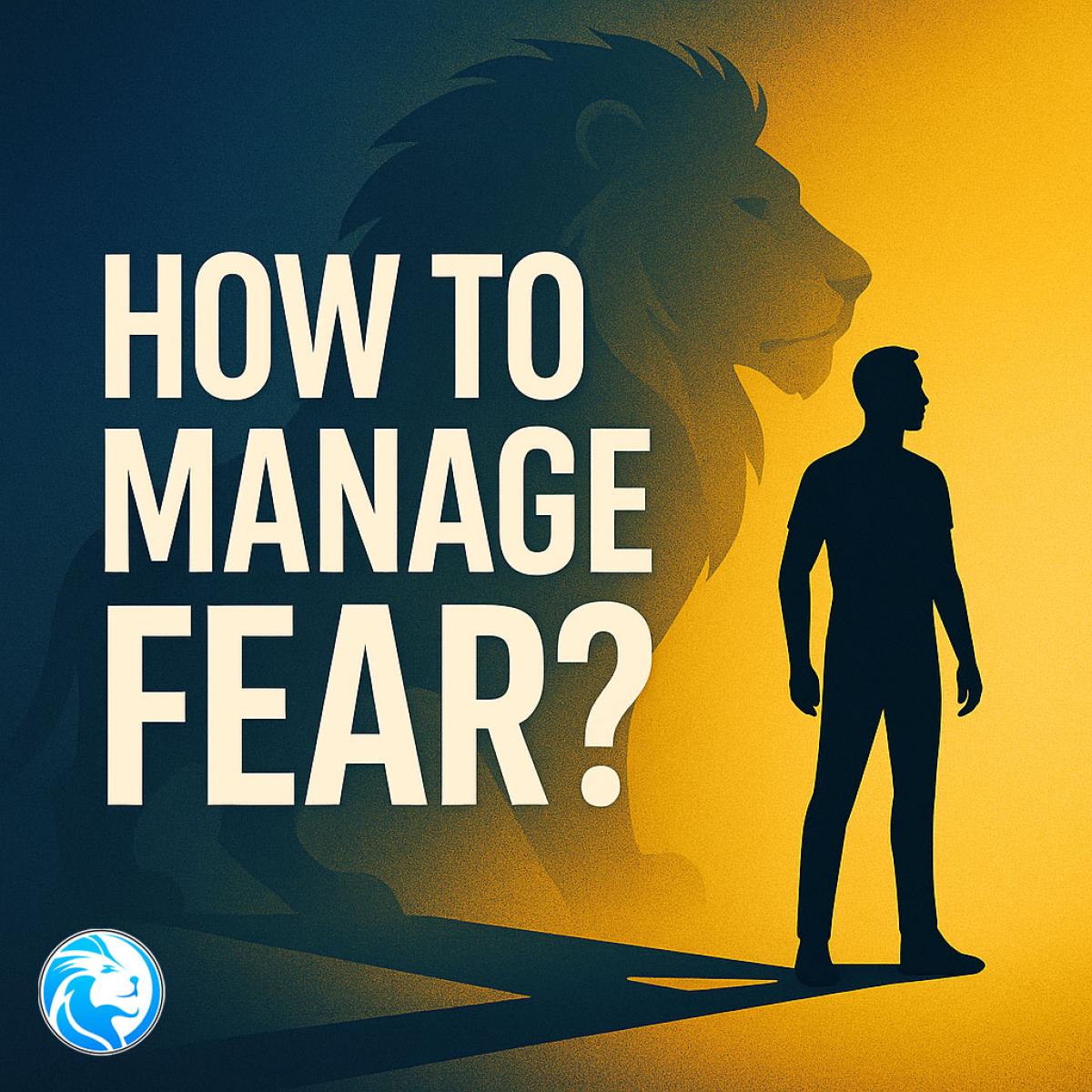What Are The Best Ways To Manage Fear And Panic?

Fear and panic are emotions that every human experiences at some point in life. Whether it is the fear of failure, fear of losing someone or something, or sudden moments of panic in a stressful situation, these emotions can sometimes make you feel overwhelmed. While fear is often seen as a negative emotion, it can become a natural survival mechanism if handled thoughtfully and with care. It alerts us to danger and motivates us to stand up and take action. The key lies in learning how to respond to fear healthily rather than letting it control us.
Understanding Fear and Panic
While panic is a rapid, strong surge of fear that usually comes with physical symptoms like shortness of breath or a faster heartbeat, fear is an emotional reaction that people typically have when they perceive something to be dangerous or is going to hurt them. How your body reacts is linked to both emotions. However, panic and being in fear for a longer time can be dangerous to one's mental and physical health if they happen too frequently or if one gets fearful and starts panicking even in normal situations. The first step to conquering fear is to identify its root cause.
How Can I Control My Fear?
When this question comes in your mind that How To Manage Fear? Tell your mind Self-awareness and mental clarity are two of the best strategies for managing fear. When in a fearful situation, stop and consider where your thoughts are leading you. Recognize your feelings rather than stop thinking about them. The nervous system can be swiftly calmed by breathing exercises like deep breathing. It can also be helpful to divert your attention from panic by imagining a calm and secure environment.
Gradually facing anxieties with a strong heart instead of avoiding them is another crucial step. Over time, avoidance frequently makes anxiety stronger, but taking tiny, regular measures to face the fear can help you become more resilient, and ultimately can end your fear in a certain field. Additionally, you may reduce your stress and strengthen your mind by leading a healthy lifestyle that includes regular exercise, enough sleep, and a balanced diet. It can also be very peaceful to be surrounded by individuals who understand your feelings and are sympathetic.
Make Fear your Guide and Friend
Fear is not always a signal to step back; sometimes, it is a guide pointing you toward taking a new step. When you Allow Fear to Advise You, it can highlight areas where you need to prepare carefully, grow, or take action. For example, the fear of public speaking might encourage you to practice more, polish your skills, and become more confident. Thus, instead of looking towards fear as a barrier, see it as a mentor that teaches you valuable lessons so that you can push your boundaries and reach your true potential.
Techniques for Handling Panic
Although panic or anxiety attacks can seem unplanned and unexpected, they can be controlled with the correct methods. The intensity of panic attacks can be reduced by developing the ability to center oneself in the present moment instead of thinking of prospects. To achieve this static min zone, concentrate on your senses by identifying five objects you see, four objects you touch, three objects you hear, two objects you smell, and one object you taste. You can eventually spot trends and focus on averting more episodes by recording your panic triggers in a journal.
In Conclusion
Although fear and panic are natural human emotions, they should not control your mood and your actions. We can turn these feelings into a chance to focus on personal development by learning how to control the thoughts and emotions during fear, engaging in mindfulness exercises, and learning to listen to our fears. Fear becomes less of an enemy and more of a guiding friend when it is faced with awareness and bravery, thus making us brave to confidently face obstacles and stressful situations in life.